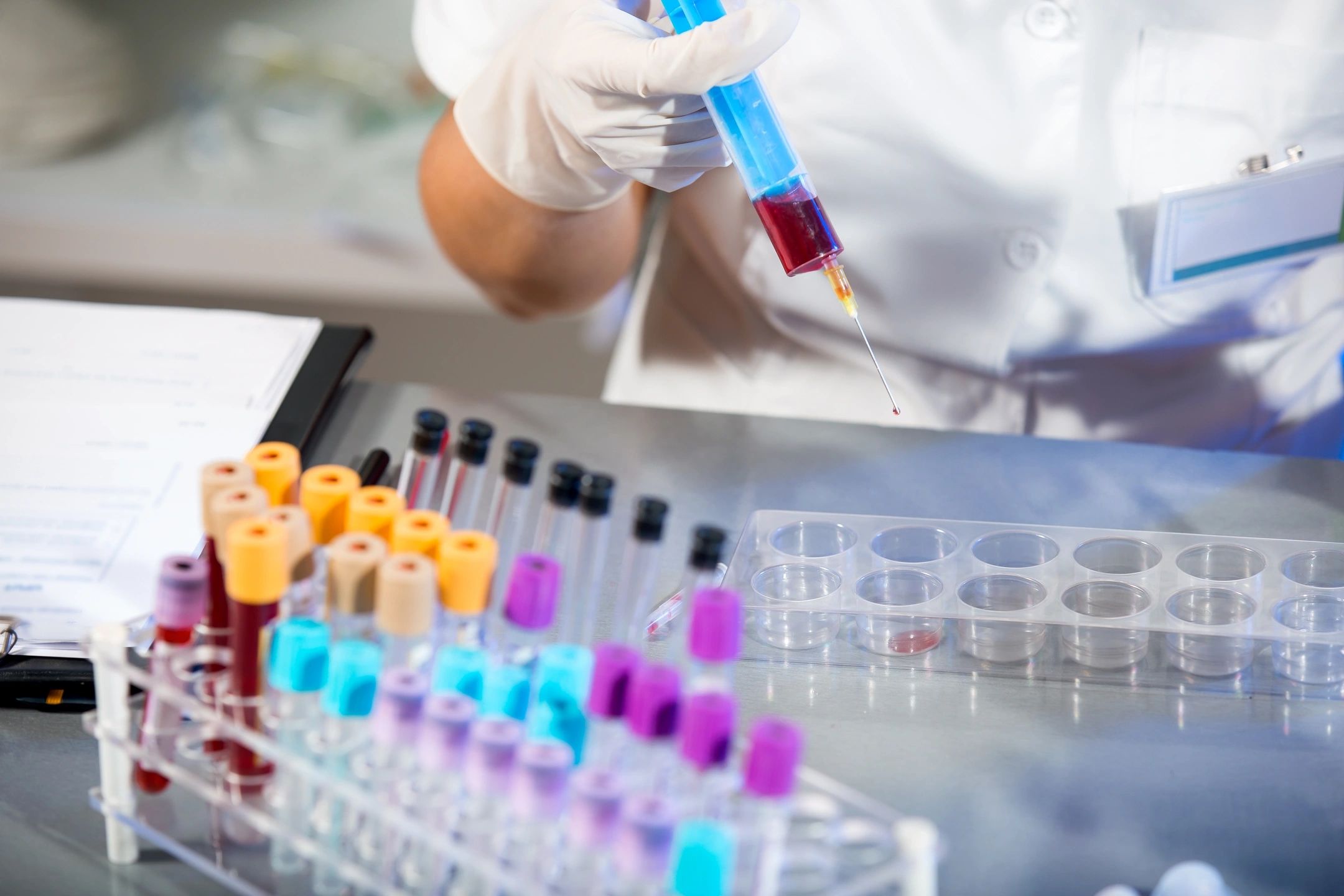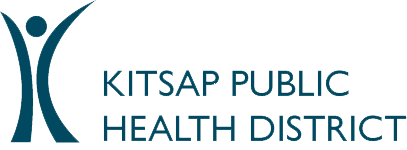
First probable case of monkeypox reported in Kitsap County.
The resident, an adult male, tested positive this week for Orthopoxvirus. The CDC will conduct follow-up testing to confirm the case. More than 100 cases of monkeypox have been identified in Washington since May, with the majority of cases reported in King County.
Actions Requested
- Report possible monkeypox cases immediately upon suspicion, as Washington State Department of Health (DOH) requires. Call 360-728-2235. We will help you complete an intake form and review exposure guidelines to evaluate close contacts.
- Consider administering JYNNEOS vaccine. Supply is currently limited. KPHD is seeking partnership with providers that may be interested in administering the vaccine. Please email immunizations@kitsappublichealth.org for more information.
- Consider signing up to be a TPOXX provider. There are no TPOXX providers in Kitsap. If you are interested please email immunizations@kitsappublichealth.org for more information.
Background
Monkeypox can cause a rash that looks like bumps, blisters, or ulcers. Before the rash, some people have flu-like symptoms, like:
- Fever
- Headache
- Muscle aches and backache
- Swollen lymph nodes
- Chills
- Exhaustion
Transmission
Monkeypox mostly spreads through close, skin-to-skin contact. It is far less likely to spread through the air. The virus can spread from person to person through:
- Contact with the skin or body fluids of an infected person (including sexual contact).
- Contact with virus-contaminated objects (like bedding or clothing).
- Respiratory droplets during direct and prolonged face-to-face contact.
Infection Control in Healthcare Settings
Healthcare workers who enter the room of a patient with suspected or confirmed monkeypox should wear:
- Gown
- Gloves
- Eye protection (like goggles or a face shield that covers the front and sides of the face)
- National Institute for Occupational Safety and Health- (NIOSH-) approved particulate respirator equipped with N95 or higher filters
Testing
Washington has no shortage of monkeypox tests. Ask your lab if they test for monkeypox. Labs currently testing for monkeypox:
- Washington State Public Health Lab (PHL) Use for uninsured patients.
- University of Washington
- LabCorp
- Quest
- Aegis
- Mayo Clinic
Follow the lab’s specimen collection procedures.
Reporting
Report possible monkeypox cases immediately upon suspicion. Any patient who is tested for monkeypox is considered a suspect case, regardless of the index of suspicion. Call Kitsap Public Health District’s Communicable Disease Program 360-728-2235. We will help you complete an intake form and review exposure guidelines to evaluate close contacts.
Do not wait for test results to report. This allows us to start case investigation as soon as possible.
Vaccine
KPHD will receive monkeypox vaccine from the Strategic National Stockpile (SNS) to respond to this outbreak. We will work with DOH to offer close contacts of probable and confirmed cases the JYNNEOS vaccine. Currently, we have a very limited supply and are prioritizing high risk-close contacts. As we receive more vaccine in the coming weeks, we anticipate updated guidance from DOH and CDC.
If you are interested in administering JYNNEOS vaccine please email immunizations@kitsappublichealth.org.
Therapeutics
No specific treatment for monkeypox exists. Many people infected with monkeypox virus will have a mild, self-limiting illness without specific therapy. In certain cases, antivirals developed for smallpox, like TPOXX, may be beneficial against monkeypox. After consulting with Centers for Disease Control and Prevention (CDC), consider for this treatment patients who:
- Have severe disease
- Are at risk for severe disease
- Are pregnant or breastfeeding
- Have unique complications
Currently TPOXX is not available in Kitsap County. KPHD is seeking providers interested in prescribing and supporting administration of TPOXX. Please email immunizations@kitsappublichealth.org for more information.
The CDC has provided information on how to use and obtain TPOXX.
Additional Resources
- JYNNEOS vaccine information sheet, CDC.
- JYNNEOS vaccine package insert, Food and Drug Administration.
- JYNNEOS for preexposure vaccination of people at risk for occupational exposure to orthopoxviruses, ACIP recommendations, CDC.
- Federal government announces monkeypox vaccine allotment for Washington, DOH.
- Monkeypox fact sheet, Johns Hopkins Center for Health Security.
Kitsap Public Health’s press release regarding this update can be found here: https://lnks.gd/2/rRRzjW.
